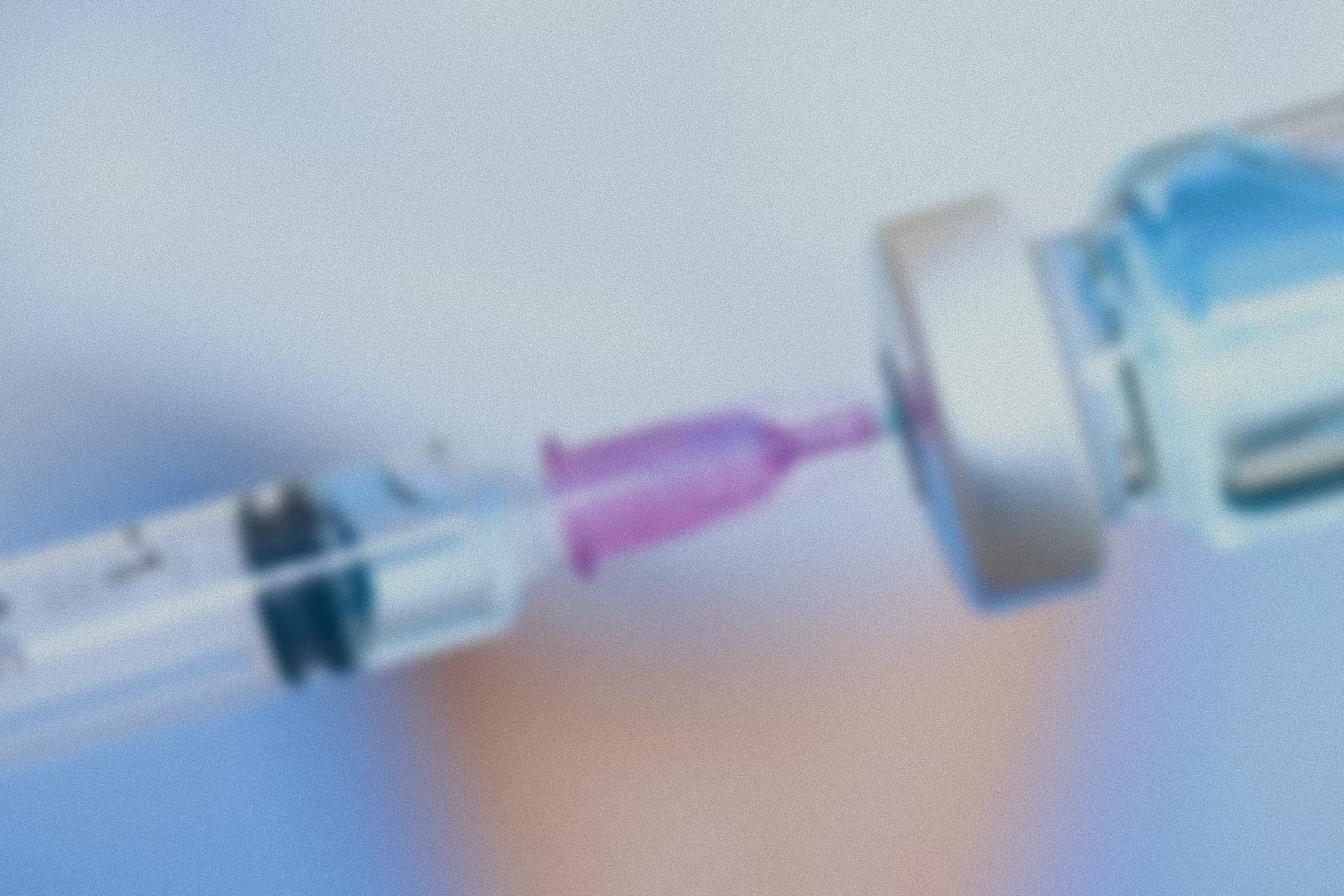

The Gender Health Gap: How the Female Body Has Been Left Behind by Modern Medicine
Hear from our founders on what inspired them to build Evvy.
Throughout history, the female body has been a lot of things: sacred, scandalous, celebrated, commodified, gilded, gold-medaled, empowered, loved, and so much more.
What it hasn’t been is properly studied.
Less than 30 years ago, on June 10, 1993, Congress passed the NIH Revitalization Act.
It directed the NIH to establish guidelines for the inclusion of women and people of color in clinical research. Previously, “women with childbearing potential” had been actively excluded from the early phases of most clinical trials. Even female mice were almost entirely excluded from research due to their hormonal cycle.
That means we’re way behind when it comes to properly accounting for the female body in modern medicine. To put it another way:
“We literally know less about every aspect of female biology compared to male biology.”
— NIH Associate Director Dr. Janine Austin Clayton
In 2021, this gender health gap persists globally. Across 770 diseases, from diabetes to cancer, women are diagnosed 4 years later than men, on average.

The gender health gap isn’t just systemic — it’s personal.
It’s tempting to get caught up in the staggering statistics or the billions of dollars in costs to the system — but the real cost is to the individual lives of women that are suffering misdiagnosed, dismissed, and ignored.
We’re two of those women. And our chronic problems feel even more dismissed and stigmatized because they’re related to that old taboo: vaginal health.
But we’re far from alone.
Vaginal infections (like yeast infections, bacterial vaginosis, and urinary tract infections) are some of the most common infections in women and people with vaginas.
They greatly affect our quality of life through debilitating symptoms, in addition to deep shame and embarrassment in women's personal and sex lives.
One study showed that rates of depression and anxiety in women with yeast infections were 2.5x higher than the general population.
Others with recurrent bacterial vaginosis reported regularly avoiding sexual activity “as they were too embarrassed and self-conscious of their symptoms.” — read, vaginal smell.
To make matters worse, women are constantly bombarded with advertising and products that insist our vaginas have to smell like flowers or aloe instead of, well, a body part. That means most of us don’t even realize how common these issues are — because the stigma around vaginal health prevents us from reaching out to one another.

We deserve better.
That’s why we founded Evvy—to radically reinvent how we understand and treat the female body, starting with the vaginal microbiome.
Earlier this year, we launched the first ever at-home vaginal microbiome test to use metagenomics to help you decode what’s up down there, why it matters, and what you can do about it.
For those struggling with recurrent infections, our test can finally bring specificity to what is otherwise a long and difficult journey of identifying what microbes may be related to their symptoms.
For those without infections, groundbreaking new research shows that the vaginal microbiome is associated with everything from preterm birth to infertility to STI acquisition to cervical cancer progression. Our Vaginal Health Test finally gives women access to this information, enabling them to take control of their preventative health.
But we’re not stopping there.
In order to have better long-term solutions, we need better research. And given that women were not actively included in clinical research until 1993, we should be heavily investing in R&D, femtech, and care infrastructures to help us catch up.
Unsurprisingly, this isn’t the case.
Only 4% of healthcare R&D spend goes towards women’s health in the United States.
Femtech received just 3.3% of digital health funding in 2019. That’s simply not enough to close a gender health gap that has been widening for decades.
Beyond our pioneering vaginal microbiome test, Evvy is creating the research we so desperately need at the pace at which we need it. We’ve brought together a community of forward-thinking doctors, scientists, doers, providers, people with vaginas, women, and allies who want to build a better future with us.
This future starts by making it easier for folks to access, understand, and care for their vaginal microbiome, all while creating the scientific education and cultural conversation to destigmatize vaginal health.
We’re built by and for women and people with vaginas, so we can better advocate for ourselves at the doctor’s office and participate in decision-making about their own health.
28 years ago, Congress fixed an important oversight in the NIH health policy. But there’s still so much work to be done. Let’s honor what’s been started by rebuilding a healthcare system that’s radically inclusive, with emphatic agreement that it’s long past time to take the guesswork out of female health for good.
If you believe that women + healthcare can and must be better—join us! We’re just getting started.

Recurrent symptoms? Get Evvy's at-home vaginal microbiome test, designed by leading OB-GYNs.
This article was written by Laine Bruzek, Pita Navarro, and Priyanka Jain, co-founders of Evvy.





